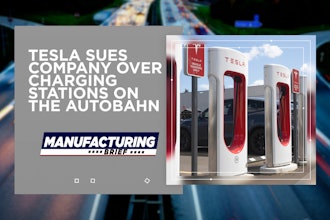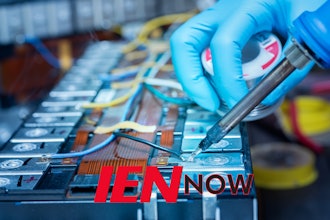Ford is making its first foray into long-range, fully electric vehicles with the Mustang Mach-E, an SUV based on its iconic sports car that drew rave reviews as thousands of deliveries began in recent months.
But a new report highlights the types of headaches that likely await automakers as they transition to more and more electrified fleets.
The Mach-E, which starts at more than $40,000, boasts a range of 300 miles per charge, but in order to get to those miles, the vehicle — like others, electric or not — needs a 12-volt lead-acid battery to get up and running. And a software issue in some vehicles, according to numerous owner complaints, is keeping that 12-volt from charging, essentially rendering the car useless.
The Verge reports that the problem prevents the 12-volt from charging while the vehicle is plugged in to charge its main lithium-ion battery pack. That means that even if the battery pack appears full — just like a gas tank — the car won’t be able to start.
Ford informed federal highway regulators that the problem in the car’s powertrain control module affects Mustangs built on or before Feb. 3. That reportedly means dozens of vehicles could potentially be affected; the company told the Verge that the matter involved “a small number.”
It’s possible to jump the car as you would a gas-powered vehicle, the report notes, but getting to the lead-acid battery in the first place requires opening and pulling back multiple panels — even cutting through vinyl in some cases. And even though it’s a software matter, Ford says it can’t deploy an over-the-air fix, and that owners need to take their cars to an EV-certified Ford dealership.






















